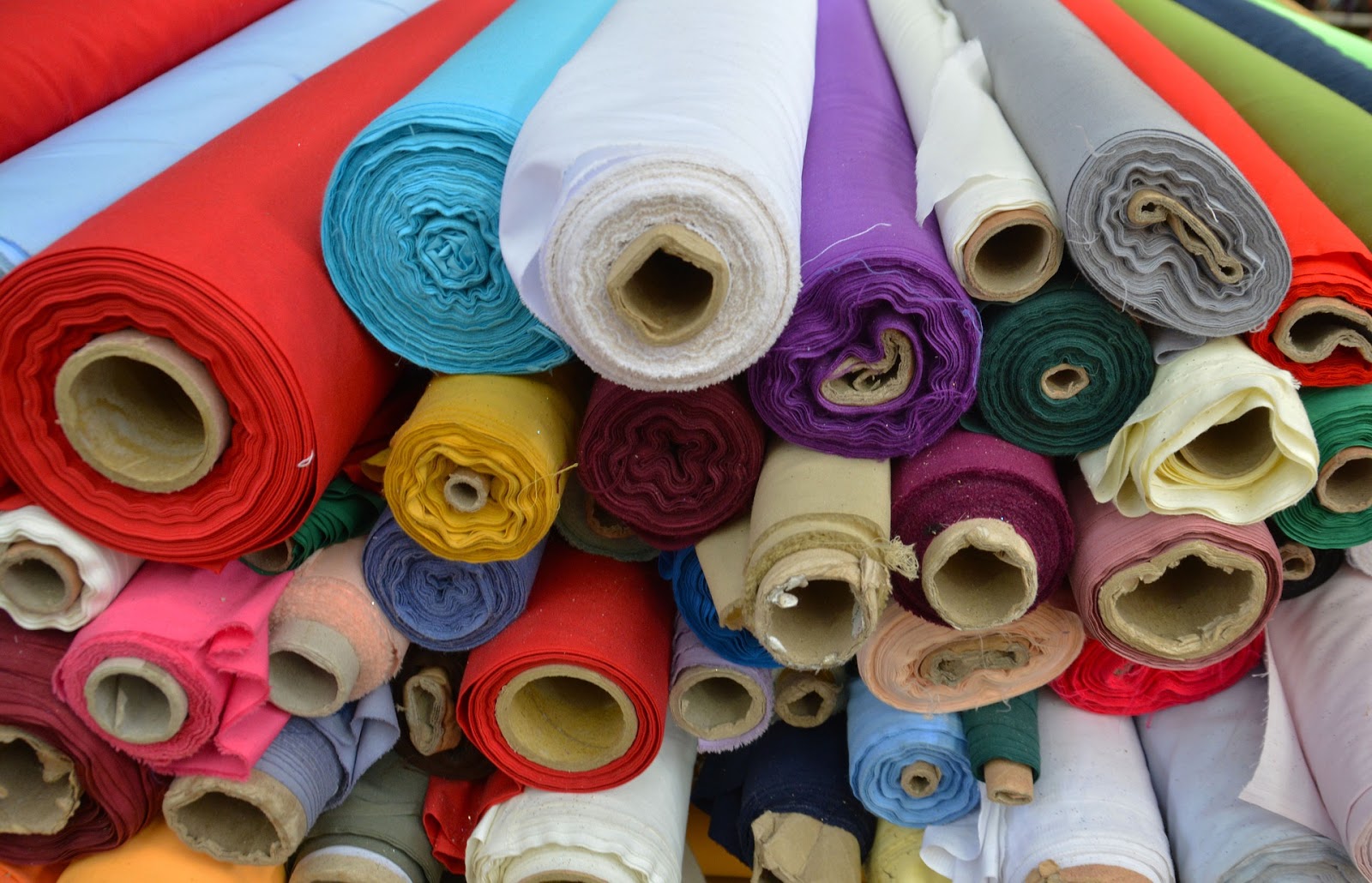So, you want to get into the textile industry. You want to design and make clothes of your own, or you’re ready to take a small home operation into one that’s larger in scale. In both cases, you’re in for a number of challenges and more than a little struggle with the learning curve. Starting a new business is always a tense period, and the textile industry is no exception to that.

One of the ways to make that easier is to know ahead of time about the important things. There are certain details that you have to know beforehand, the pieces of information or data that help define your plan moving forward. It’s not all fun and games starting a textile or clothing business, after all.
Consider Your Market
The first thing to remember is the market. Do you know what your market wants and where the demand lies? This is true of any business, not just textiles. While it may sound simple, “market” is a very broad term. It covers quite a bit of ground, and you have to know all of it.
You need to know who else in the field because they’re your competition. You should take the time to know where the demand is greatest, what niches or areas of focus are haven’t been tapped yet, and who your intended buyers are going to be. You’ll also need to understand what the pricing is like, so you don’t overcharge or undercharge compared to what else is on offer.
Your Brand
A new business should always know what makes them stand out. What makes you unique among your peers? What do you bring to the table that is value your competitors can’t match? What message does your brand carry that will resonate with your intended market?
Understand what you offer that other people can’t or don’t. Everyone has an image, a brand that they build around them, that people can recognize. This makes you stand out, be easy to spot. It also builds loyalty, but only as long as you offer people something they want that others don’t have. Before you roll out your first outfit, you need to know what that is.
The Right Equipment
Equipment is important to any business. You need computers for all manner of records. A network connection for communications. You’ll also need to check with specific machinery for mass producing the clothes of your company. It’s always important to do research on the various manufacturers before you commit to any purchase, so you’re clear on what to expect and if you’re buying from the right place.
Do your research. Make sure you know what you need and are looking them up from the right companies. A circular knitting machine manufacturer isn’t likely to be selling an industrial weaving machine, for instance. At the same time, don’t be afraid to dig deeper and look for reviews and comments on the various brands out there. Pick one that feels like the right fit for your goals and situation, but keep an eye out for future possibilities.
Your Relationship With Your Suppliers
Connect with suppliers. You’re going to be in the market for a lot of things, ranging from fibers like cotton and silk to dyes of every color. As much as possible, try to find ones that are local or at least close enough that shipping costs won’t overload the price of production. Local suppliers also make it easier to meet people in person in case something goes wrong.
Timetables
Consider the time that’s going to be spent, as well. This is more than just how much of your time is going into the business. It also covers how long items can expect to be in transit to and from your location. How long will the clothes sit in storage before being sold? How long is the typical production process how much is made during that cycle? How much fabric does the typical cycle consume and could you be making more?
Time is a commodity that no business can afford to squander. Understand how long it takes to get anything done because that is an opportunity cost. If you find yourself constantly in need of more time, of always being in a rush to meet a deadline, then your time management skills need some brushing up. Your success could easily depend on your ability to keep to a schedule or even get ahead of it.
Consistency
Far too many starting businesses fail to focus on consistency. The products should be as consistent as possible, from the quality to the production. This helps push the idea that you’re on solid footing, stable and reliable. It builds brand confidence.
Conclusion
There are many challenges ahead if you start in the textile business. Supplies, production cycles, expenses, and more are waiting for you. However, it is only overwhelming if you go in half-cocked and unprepared. If you face the challenge head-on, with a clear plan and more than a few contingencies, you can weather the storm and climb to success.